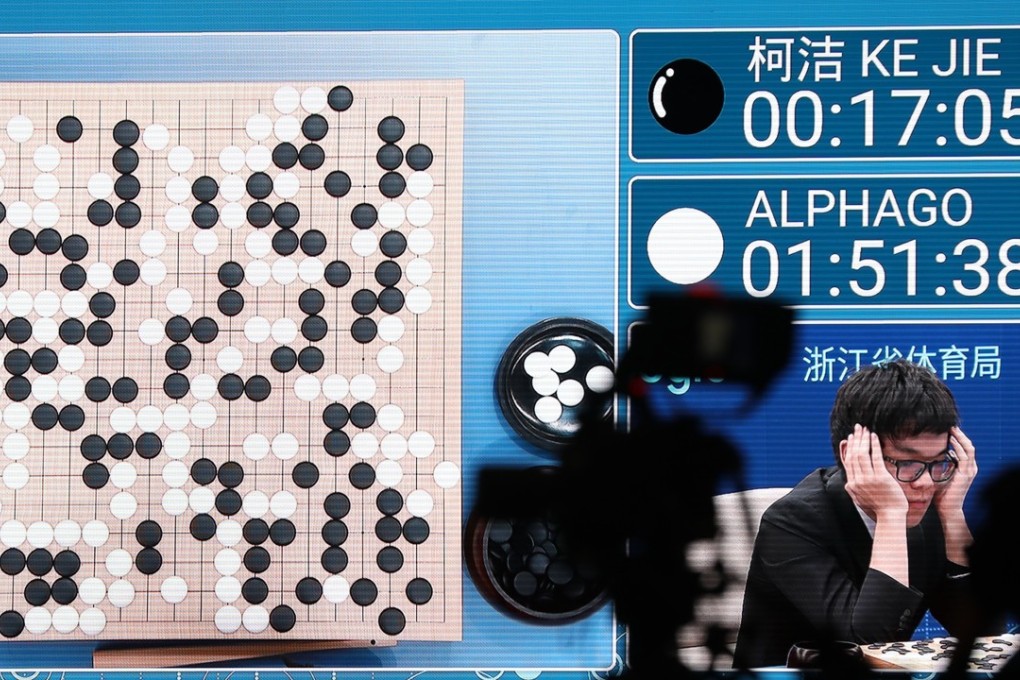Abacus | Here’s why China may regret the Pyrrhic victory of winning the global artificial intelligence race
With the US, Russia and others in the same race for super intelligence, Beijing must compete to win even at the risk of unleashing a power it cannot control

Two months later, China’s State Council announced an ambitious national programme to overtake the United States in artificial intelligence (AI) by 2030.
Coincidence? Perhaps, but it is easy to see how the prospects of losing the AI race to the Americans would scare the wits out of Beijing.
China’s AI pronouncement has since been called a new Sputnik moment for Washington – a wake-up call akin to the 1957 launch of the first space probe by the former Soviet Union, which pushed the Americans to double down on military and aerospace technology, and culminated in the Apollo 11 moon landing in 1969.
In the meantime, the warm-up is “narrow AI”, which has already been developed by Chinese and American companies to do specific tasks, ranging from autonomous driving to teaching children their ABCs.

